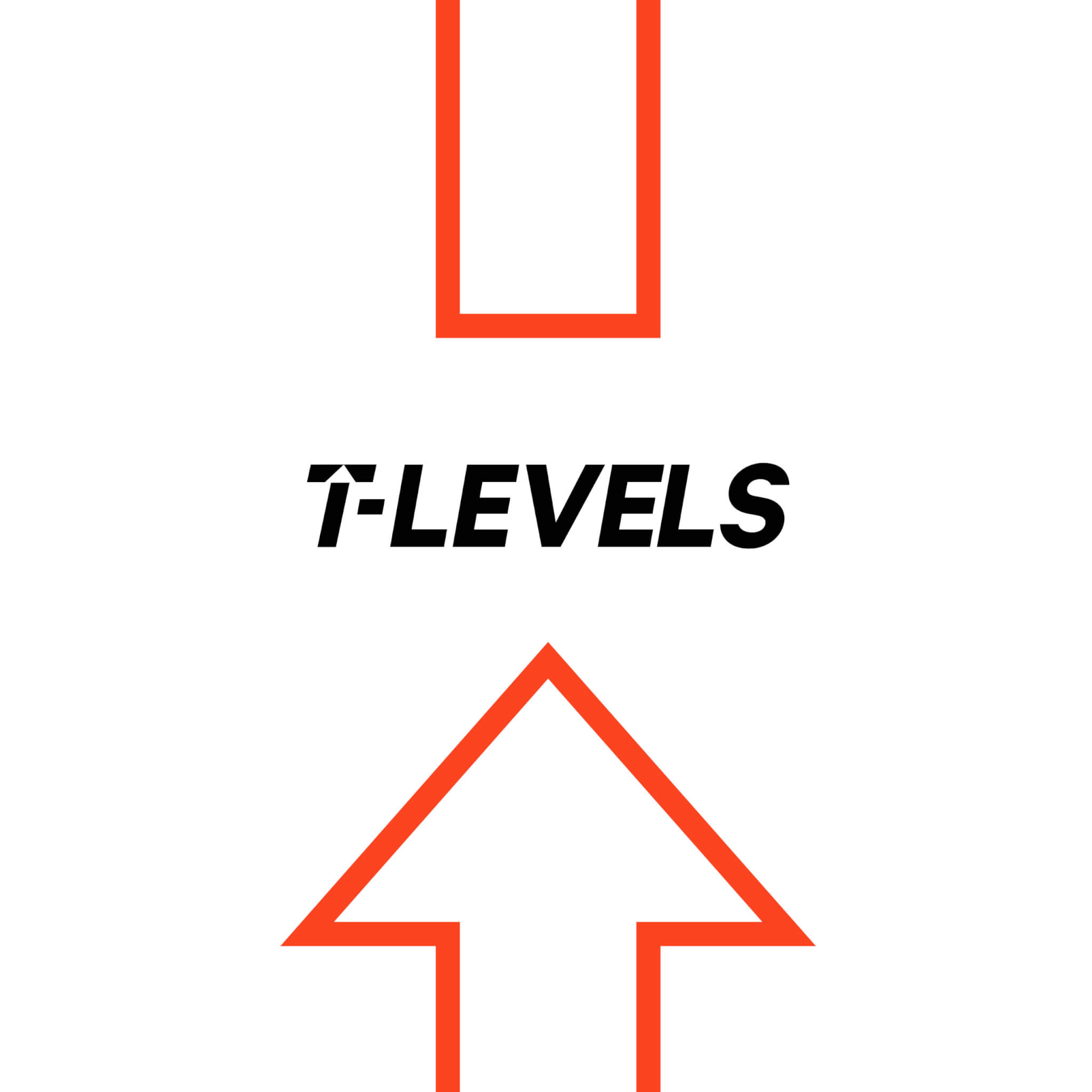The Careers and Enterprise Company’s Director of Education Nicola Hall wrote for the latest edition of The Blueprint on the updated Gatsby benchmarks and the modern work experience initiative.
May 2025 marked the formal update of the eight Gatsby Benchmarks when critical refinements were embedded in statutory guidance for schools – also, guidance for colleges, and independent training providers (ITPs) – from September 2025.
Underpinned by two years of rigorous evidence gathering, including practitioner consultations, literature reviews, and national fieldwork, the updated benchmarks reaffirm the eight-point structure while sharpening the focus on inclusion, leadership, and parental engagement.
Ministerial guidance outlines Gatsby Benchmark 6 (experiences of workplaces) as the approach to take in preparing for the government’s Work Experience Guarantee. The benchmark sets a direction of intent that all pupils should access at least ten days of meaningful, high-quality workplace experiences during secondary education.
Modern work experience: A quality-first approach
The Careers and Enterprise Company (CEC), as the national body for careers education in England, has risen to this challenge by spearheading the modern work experience model. This approach emphasises:
- Early and ongoing exposure, beginning from year 7 with diverse insights from multiple industries.
- Employer-led design to ensure relevance to authentic workplace practice.
- Structured learning outcomes aimed at building communication, confidence, and career awareness skills.
- Crucially, modern work experience is not a one-off placement; it is a progressive, curriculum-aligned journey that creates a cohort of career-ready, informed pupils with the skills to take their best next step.
equalex: Embedding equity at the heart
Central to this strategy is the equalex framework – designed by CEC to guarantee that work experience is not only rich in content, but equitable in opportunity.
Piloted across multiple combined authorities and trust partnerships, equalex ensures:
- Targeted access for those who might otherwise miss out.
- Whole-school adoption, fostering consistent quality across cohorts.
- Raising expectations and using the workplace as a lever to engage learners in a purposeful education.
In doing so, equalex bridges systemic divides by democratising access to high-impact workplace learning, particularly for disadvantaged young people.
Why this matters – and what comes next
Research consistently links strong Gatsby Benchmark implementation with improved outcomes – lower NEET rates, greater confidence, stronger career readiness, and boosted apprenticeship knowledge and understanding.
Evidence shows that schools and colleges meeting more benchmarks perform better on career readiness scales, especially where disadvantage is most acute.
But moving from framework to frontline impact requires more than strategic intent. It demands:
- Leadership commitment – schools must champion careers as central to their vision.
- Robust employer partnerships – underpinned by clear standards and accountability via CEC dashboards and employer standards.
- Data-driven iteration – using Compass+, Future Skills data, and careers-impact reviews to iteratively improve and evaluate provision.
Bringing benchmark 6 to life
The updated Gatsby Benchmarks and taking a considered approach to modern work experience – including equalex – offers a coherent, evidence-backed pathway to ensure meaningful career learning is not an optional extra, but a responsive entitlement for every young person.
As Baker Dearing and the wider trust community engage with this agenda, the challenge is clear: To translate frameworks and pilots into consistent classroom and workplace engagement.
By embedding these approaches in delivery and leadership, schools and trusts can ensure that Gatsby Benchmark 6 is not merely checked as a box, but lived, experienced, and impactful. That is how careers education becomes a transformative – and truly inclusive – force.




